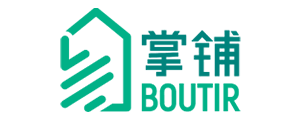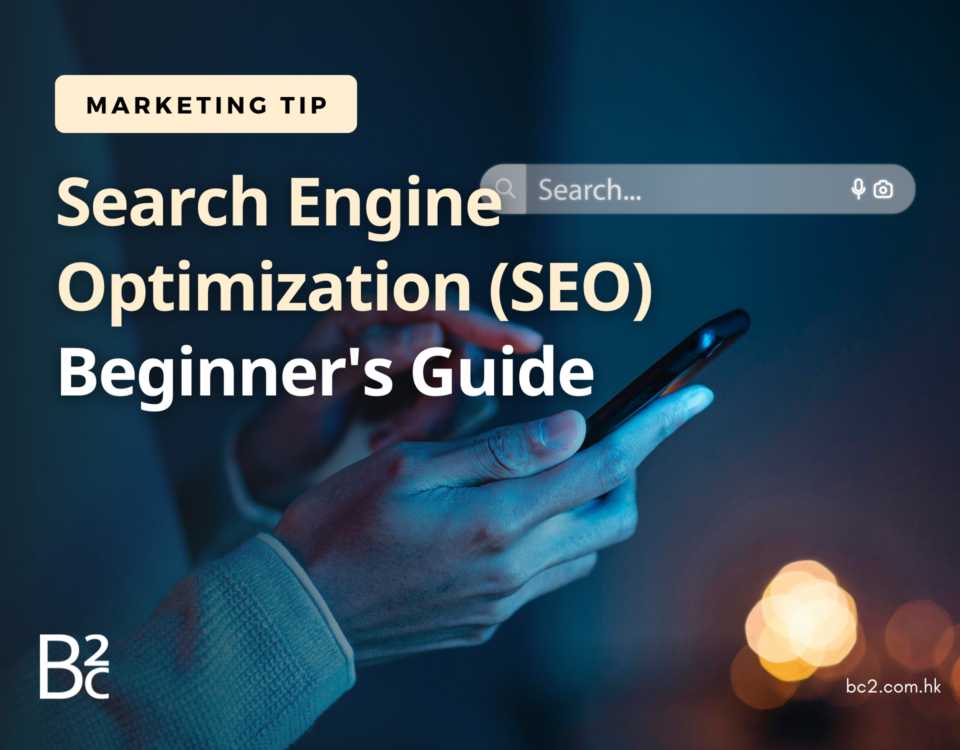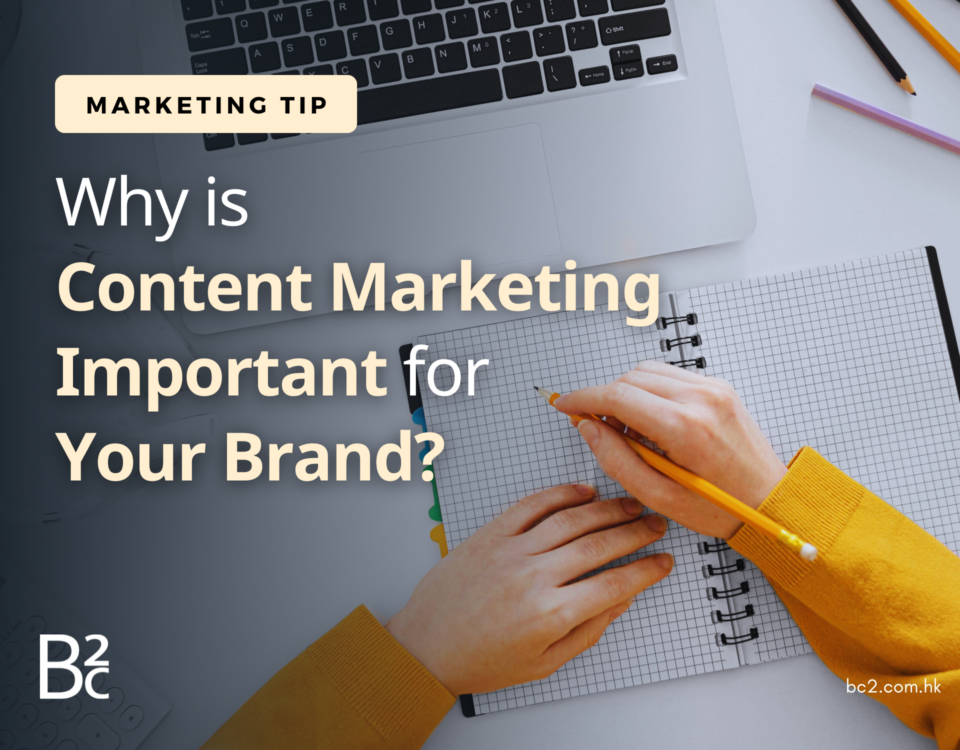


Traditional Marketing vs Digital Marketing: Which one is better?
November 2, 2023What is E-commerce?
E-commerce is the abbreviation for “Electronic Commerce,” referring to the method of conducting business activities using the internet and electronic technology. In e-commerce, businesses and individuals can buy and sell products or services online without the need for face-to-face interactions. This business model encompasses various activities such as online shopping, online payments, digital advertising, digital marketing, electronic payments, and supply chain management. The advantages of e-commerce include 24/7 business hours, global market accessibility, cost-effectiveness, convenience, and personalized services. Many companies use e-commerce to expand their business, reach a broader customer base, and offer more purchasing options.
Different types of e-commerce include:
B2C (Business to Consumer): Businesses sell products or services directly to consumers, such as online stores.
B2B (Business to Business): Business-to-business transactions, such as electronic transactions between suppliers and distributors.
C2C (Consumer to Consumer): Transactions between individuals, such as those on online auction websites.
C2B (Consumer to Business): Consumers provide products or services that businesses purchase or use.
E-commerce has become an integral part of modern business and continues to grow rapidly on a global scale. It has changed the way people shop and conduct business, profoundly impacting traditional retail and markets.
Which E-commerce Platform is Better?
There’s no “best” platform; it depends on what’s most suitable for your needs! First, understand what you want to achieve and choose an e-commerce platform based on your specific requirements. Here, I’ll compare several common e-commerce platforms in Hong Kong based on five aspects:
- Price
- Plugins & Interface
- Payment Channels
- Customer Support
- Market Alignment


- Price: Minimum expenditure of HK$2,352 per year (with monthly fees).
- Extra fees: Up to 2% for transactions other than Shopify Payments.
- Plugins & Interface: Numerous external plugins (some are costly, and issues with plugins might require contacting individual companies).
- Payment Channels: Local payment channels need manual setup.
- Customer Support: Only email responses, typically within 24 hours (although sometimes it might take longer).
- Market Alignment: Suitable for international markets.
- Price: Minimum expenditure of HK$5,988 per year (no monthly fees).
- Extra fees: None.
- Plugins & Interface: No external plugins. Upgrading the base package is required to get plugins.
- Payment Channels: Accepts Payme, FPS, Alipay, Octopus, and more.
- Customer Support: Offers a Cantonese hotline.
- Market Alignment: Suitable for both international and local markets.


- Price: Minimum expenditure of HK$4,488 per month (no monthly fees).
- Extra fees: 0.5% per transaction if using the minimum expenditure plan.
- Plugins & Interface: Interface modules are relatively fixed. Upgrading the base package is required to get plugins.
- Payment Channels: Accepts Payme, FPS, Alipay, Octopus, and more.
- Customer Support: Offers a Cantonese hotline.
- Market Alignment: Suitable for the local market.


- Price: Minimum expenditure of HK$4,188 per year (with monthly fees).
- Extra fees: None.
- Plugins & Interface: No external plugins. Upgrading the base package is required to get plugins.
- Payment Channels: Accepts Payme, FPS, Alipay, Octopus, and more.
- Customer Support: Offers a Cantonese hotline.
- Market Alignment: Suitable for the local market.


- Price: Minimum expenditure of HK$2,400-$4,800 per year (for self-built websites).
- Extra fees: None.
- Plugins & Interface: Offers a large number of free plugins, high flexibility. External plugins are available but might be costly and require contacting individual companies.
- Payment Channels: Local payment channels need manual setup.
- Customer Support: No customer support, mainly relies on online resources and searching for solutions.
- Market Alignment: Suitable for international markets.
In summary:
- For beginners, Shopify is a good choice as it’s easy to get started with and offers more functionalities.
- If you primarily target the local market, Shopline is a strong option with comprehensive features and local customer support.
- Boutir and Shopage are also suitable for the local market but offer different interface options.
- Woocommerce offers high flexibility but requires some technical expertise and lacks customer support.
Please note that this translation provides an overview of e-commerce and a comparison of various e-commerce platforms in Hong Kong.



